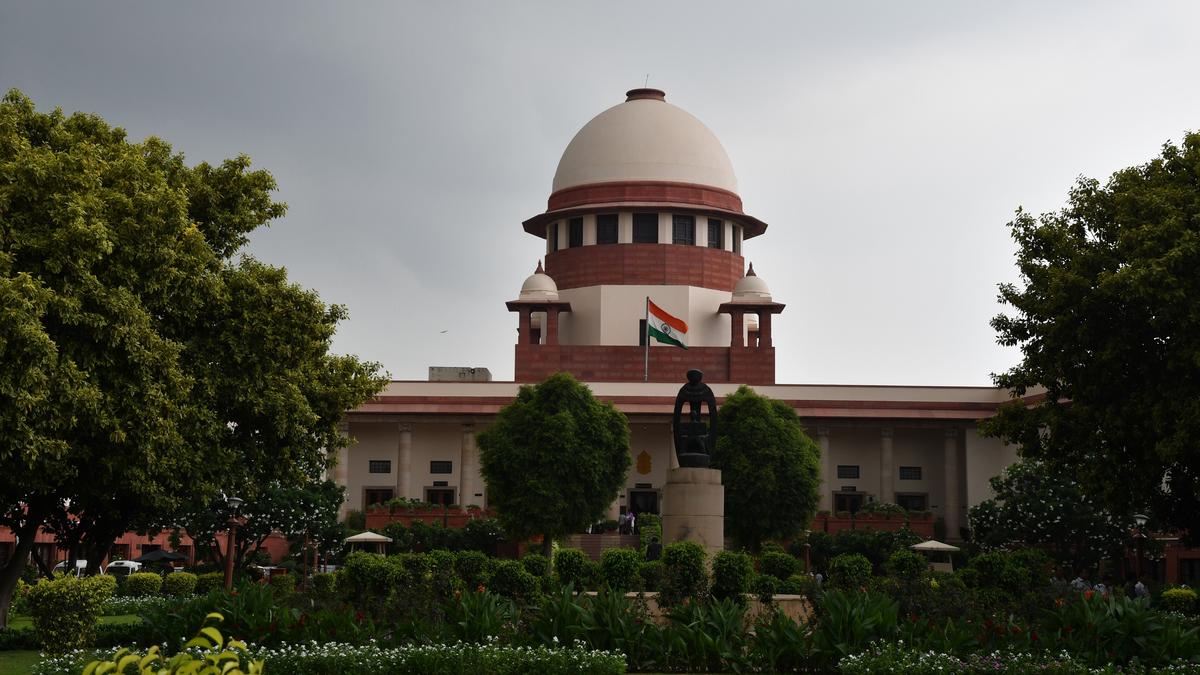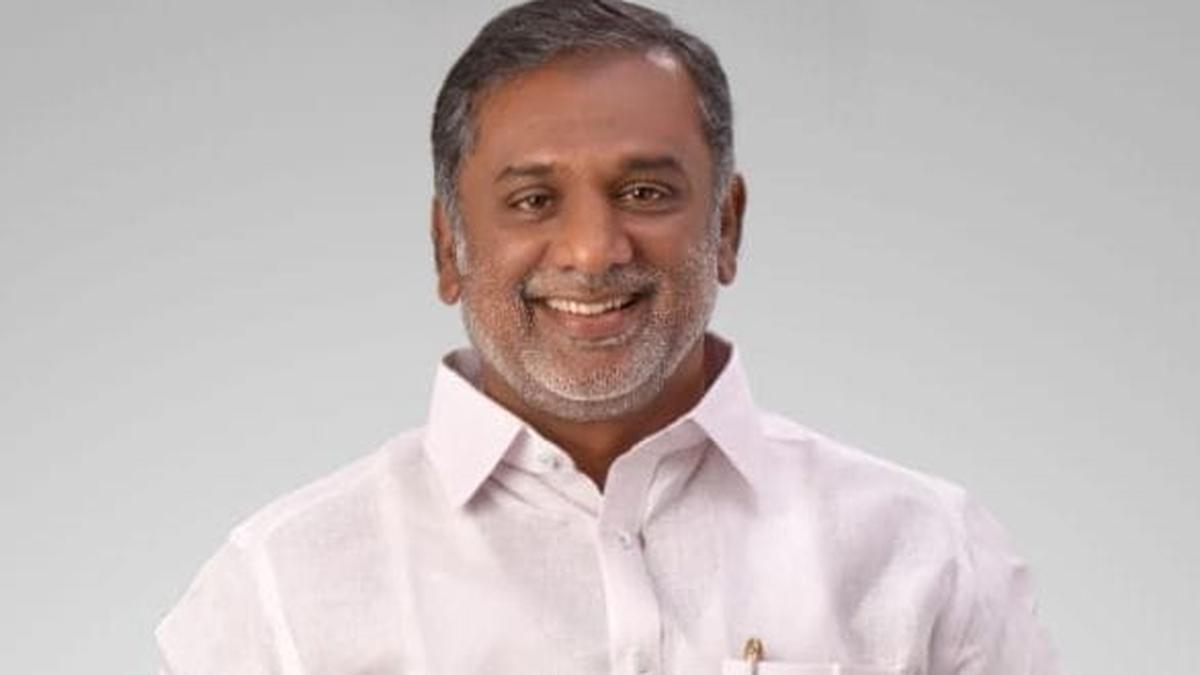A Constitution Bench headed by Chief Justice of India B.R. Gavai is scheduled to hear the Reference from August 19, 2025. File
| Photo Credit: The Hindu
The State of Kerala said the Centre should not have advised President Droupadi Murmu to issue a Presidential Reference, “obliquely” challenging the Tamil Nadu Governor case judgment prescribing timelines for the President and Governors to deal with State Bills, for the sole reason that the Union Council of Ministers did not see eye-to-eye with the Supreme Court verdict of April 8.
“The fact that the Council of Ministers advising the President disagree with or do not accept a judgment rendered by this Hon’ble Court is no basis to exercise the power under Article 143 by advising the President to refer questions that are no longer res integra for this Court to decide. Such jurisdiction does not vest in this Court, nor can it be vested in it by the Council of Ministers under Article 143,” Kerala argued in its submissions prepared by senior advocate K.K. Venugopal and advocate C.K. Sasi.
The State said the questions referred by the President were no longer res integra (an unaddressed question of law).

Kerala agreed with Tamil Nadu’s stand that the April 8 judgment had comprehensively dealt with every single question of law raised in the Presidential Reference.
A Constitution Bench headed by Chief Justice of India B.R. Gavai is scheduled to hear the Reference from August 19, 2025.
The hearing would begin with Kerala and Tamil Nadu both raising preliminary objections before the five-judge Bench about the maintainability of the Presidential Reference.
“The power of the President to refer questions under Article 143 to the Supreme Court is contingent on the fact that ‘a question of law or fact has arisen, or is likely to arise’ and hence is not res integra. The questions, however, referred to this court ex facie show that no question of law or fact has arisen, or is likely to arise, as the very questions already stand conclusively and determinatively answered by the Supreme Court,” Kerala argued.

Besides, both Kerala and Tamil Nadu have invoked Article 141 of the Constitution. Article 141 mandates that law laid down by the apex court in a judgment, in this case the Tamil Nadu Governor case verdict, is binding on the Council of Ministers.
An opinion rendered by a Constitution Bench under an advisory jurisdiction to a Presidential Reference would not supplant or override a binding judgment of the apex court.
“The Union of India has not filed any review or curative petition against the judgment delivered by court in the Tamil Nadu case. It has thus accepted the judgment. The judgment, having not been assailed or set aside in any validly constituted proceedings, has attained finality and is binding on all concerned under Article 141, and cannot be challenged obliquely in collateral proceedings such as in the instant reference,” Kerala submitted.
Published – August 16, 2025 11:11 pm IST





